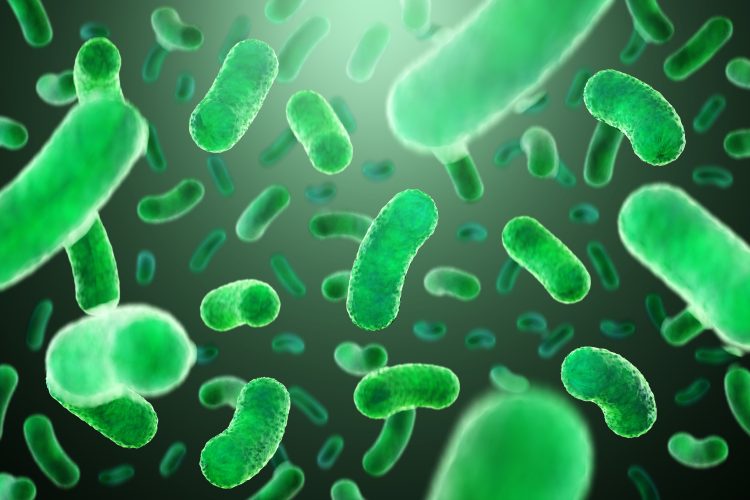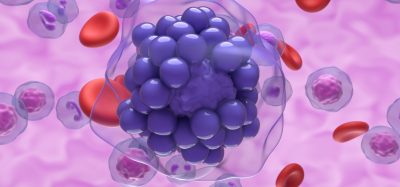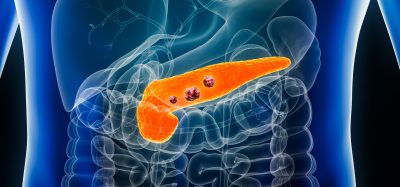Link identified between bacteria and cancer treatment efficacy
Posted: 10 April 2024 | Drug Target Review | No comments yet
Researchers mapped the bacteria present in over 4000 metastatic tumour biopsies, which could enable the exploration of new treatments.


Scientists at the Netherlands Cancer Institute (NKI) analysed tumours to create a detailed catalogue of bacteria living in cancer metastases, revealing the diversity of this bacteria and how they might interact with cancer cells and their surroundings. The findings provide a better understanding of how bacteria affect cancer treatment.
Although gut bacteria have been extensively studied in the context of cancer, bacteria in tumours is less well-understood. How bacteria enter a tumour and what they do there means it was unclear how significant they are to disease and the effectiveness of chemotherapy or immunotherapy, for example.
Many patients eventually die from metastases, so the research groups of Dr Emile Voest and Dr Lodewyk Wessels, with colleagues from institutions including the Oncode Institute, aimed to map which bacteria are present in cancer metastases.
The researchers used assembly-based metagenomics, genomics, transcriptomics and clinical data, generated by Hartwig Medical Foundation, of 4,160 metastatic tumour biopsies of 26 types of cancer. They then used computational techniques to sort through 400 terabytes of data. Thomas Battaglia, PhD student at NKI, said of the results: “Surprisingly, it’s not just metastases from colon cancer that contain a lot of bacteria…Also, which bacteria are present in a metastasis is strongly related to the location in the body, the conditions there, and the cancer type.”
A link between bacteria and therapy efficacy was also discovered. For example, lung cancer patients with Fusobacterium in their metastasis responded worse to immunotherapy compared to others without that bacterium, showing resistance to immune checkpoint blockade (ICB) treatment. Battaglia added: “We also noted that the more diverse the bacterial community, the more active the adjacent tumour cells.”
Co-author Iris Mimpen, PhD student at NKI, commented: “Our work opens doors for exploring new forms of treatments, for example against bacteria that might help the tumour…It helps us understand how the complex environment of tumours works, an environment in which all kinds of cells – including bacteria – live together and influence each other.”
This study was published in Cell.
Related topics
Cancer research, Drug Targets, Immunotherapy, Microbiome
Related conditions
Cancer, Cancer Research
Related organisations
Hartwig Medical Foundation, Netherlands Cancer Institute (NKI), Oncode Institute








